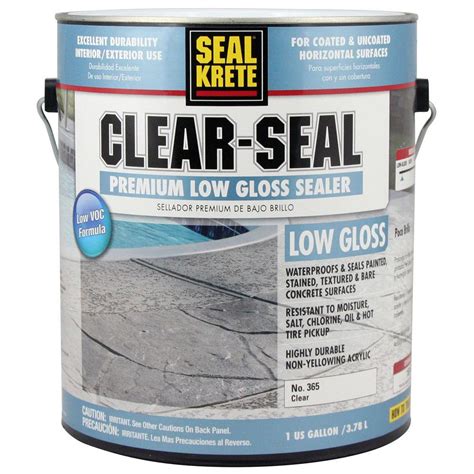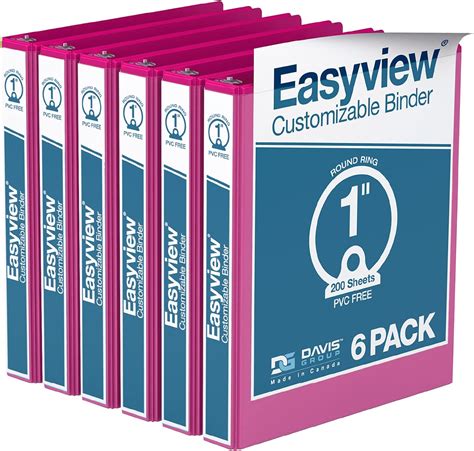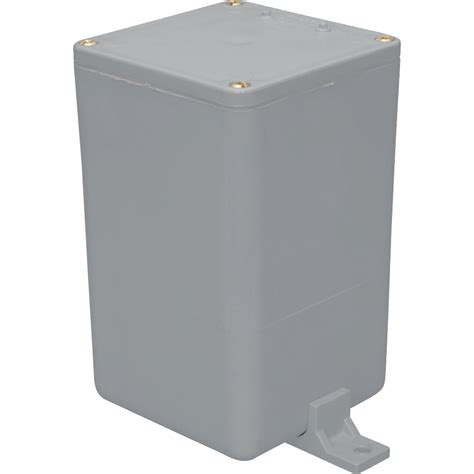Paint sealer is a crucial component in the painting process, often overlooked until it's too late. A good paint sealer can make all the difference in the durability and appearance of a painted surface. Whether you're a professional contractor or a DIY enthusiast, understanding the importance of paint sealer and how to choose the right one can save you time, money, and frustration in the long run. In this article, we'll delve into the world of paint sealer, exploring its benefits, types, and applications, as well as providing tips on how to select the perfect sealer for your project.
Key Points
- Paint sealer provides a protective barrier against water, UV rays, and other environmental factors.
- There are several types of paint sealer, including water-based, oil-based, and epoxy-based.
- Choosing the right paint sealer depends on the surface material, intended use, and desired finish.
- A good paint sealer can enhance the color and texture of the paint, while also improving its durability.
- Applying paint sealer requires proper preparation, including cleaning and priming the surface.
Benefits of Paint Sealer
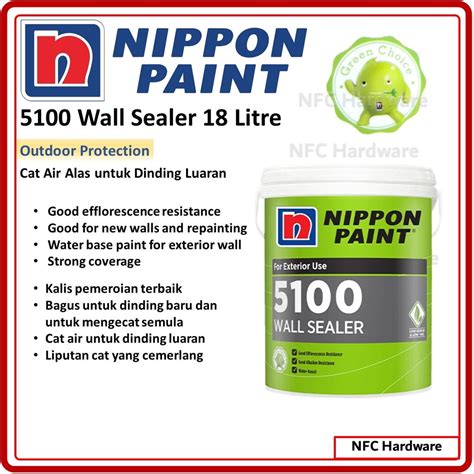
Paint sealer offers numerous benefits, making it an essential step in the painting process. One of the primary advantages of paint sealer is its ability to protect the paint from water, UV rays, and other environmental factors that can cause fading, cracking, and peeling. By creating a barrier between the paint and the elements, paint sealer helps to extend the life of the paint, reducing the need for frequent touch-ups and repainting. Additionally, paint sealer can enhance the color and texture of the paint, giving it a more vibrant and even appearance.
Types of Paint Sealer
There are several types of paint sealer available, each with its own unique characteristics and benefits. Water-based paint sealer is a popular choice for interior projects, as it is easy to apply, dries quickly, and has low VOCs (volatile organic compounds). Oil-based paint sealer, on the other hand, is better suited for exterior projects, as it provides a harder, more durable finish that can withstand the elements. Epoxy-based paint sealer is a high-performance option that offers excellent chemical resistance and durability, making it ideal for industrial and commercial applications.
| Type of Paint Sealer | Characteristics | Applications |
|---|---|---|
| Water-based | Easy to apply, low VOCs, quick drying | Interior projects, furniture, trim |
| Oil-based | Hard, durable finish, good chemical resistance | Exterior projects, decking, fencing |
| Epoxy-based | High-performance, excellent chemical resistance, durable | Industrial, commercial, high-traffic areas |
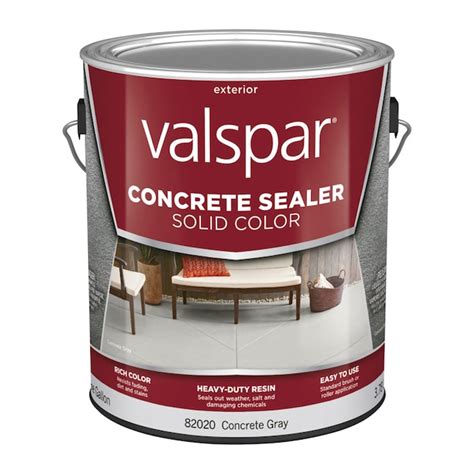
Choosing the Right Paint Sealer
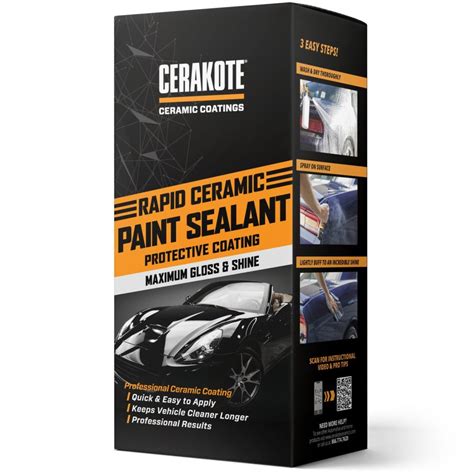
With so many types of paint sealer available, choosing the right one can be overwhelming. To make the selection process easier, consider the surface material, intended use, and desired finish. For example, if you’re painting a wooden surface, you may want to choose a paint sealer that is specifically designed for wood, such as a water-based or oil-based sealer. If you’re painting a surface that will be exposed to heavy traffic or chemicals, you may want to choose a high-performance epoxy-based sealer. Additionally, consider the color and texture of the paint, as some sealers can enhance or alter these characteristics.
Application and Preparation
Applying paint sealer requires proper preparation, including cleaning and priming the surface. Make sure the surface is free of dust, dirt, and other debris, and apply a primer if necessary to ensure a strong bond between the paint and the sealer. Follow the manufacturer’s instructions for application, and apply the sealer in thin, even coats, allowing each coat to dry before applying the next. It’s also important to work in a well-ventilated area, and to use protective gear such as gloves and a mask to avoid exposure to fumes and chemicals.
In conclusion, paint sealer is a vital component in the painting process, providing a protective barrier against environmental factors and enhancing the color and texture of the paint. By understanding the benefits, types, and applications of paint sealer, as well as how to choose the right one and apply it properly, you can ensure a long-lasting and durable finish that will withstand the test of time.
What is the purpose of paint sealer?
+The purpose of paint sealer is to provide a protective barrier against water, UV rays, and other environmental factors that can cause fading, cracking, and peeling.
What are the different types of paint sealer?
+There are several types of paint sealer, including water-based, oil-based, and epoxy-based, each with its own unique characteristics and benefits.
How do I choose the right paint sealer for my project?
+To choose the right paint sealer, consider the surface material, intended use, and desired finish, and select a sealer that is specifically designed for your project.
Meta Description: Learn about the importance of paint sealer and how to choose the right one for your project. Discover the benefits, types, and applications of paint sealer, and get tips on how to apply it properly.
